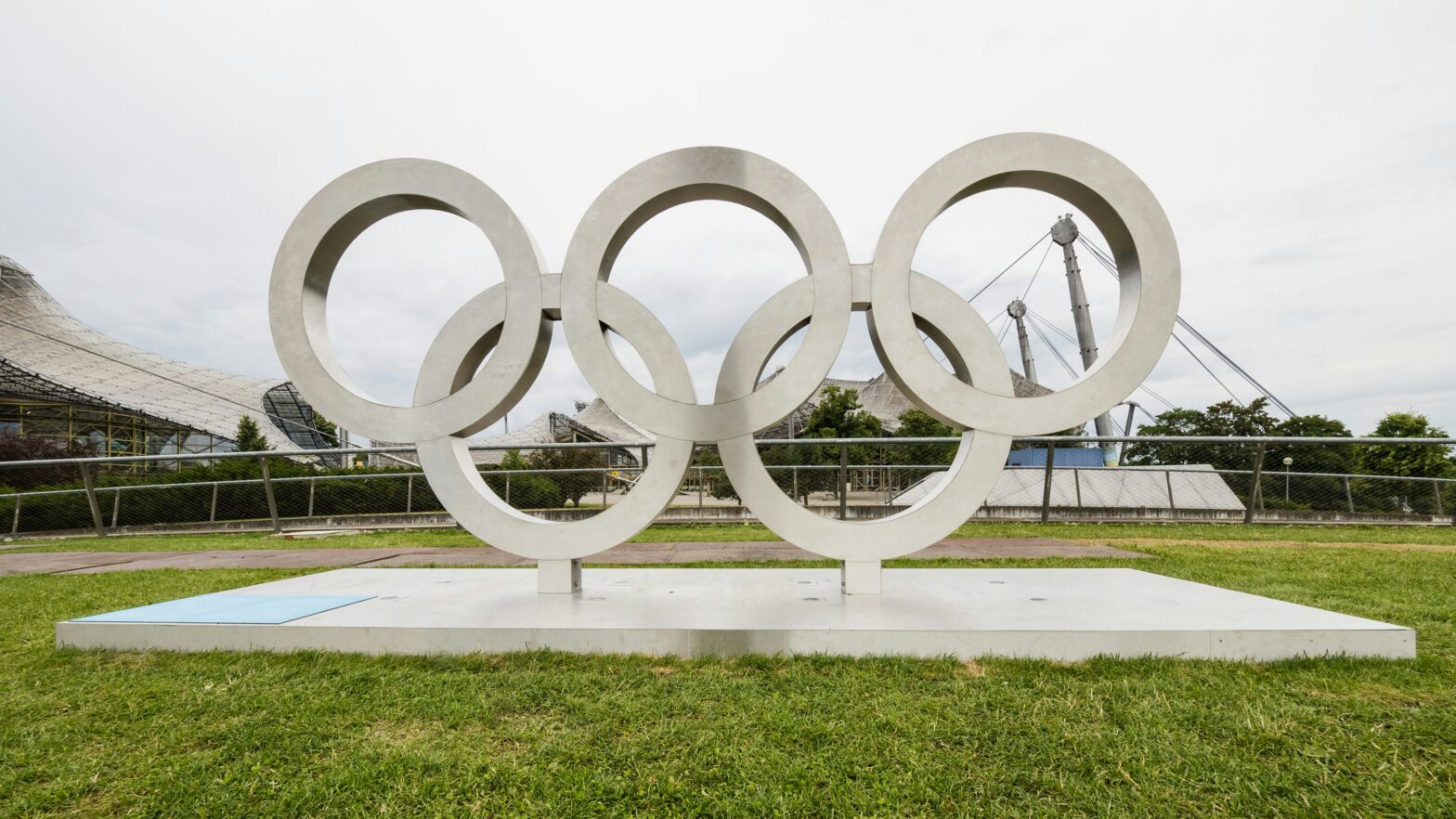With all the excitement for the Olympic Games, there may be a lot on Black viewer’s minds. While the Olympics are typically pretty diverse due to all the countries joining together, some may wonder about the demographics of the athletes this year. The best way to understand the current racial makeup of the Olympics is to look back on history. Many Black athletes will be appearing at the 2024 Paris Olympics so global viewers can bring back the mantra “I’m rooting for everybody Black.”
Being able to see incredibly capable Black people at such an acclaimed sporting event is not something that has always been a possibility. There have been trailblazers that paved the way for them. Here is what we know about the history of these Olympians, two of which were the first indigenous Africans to take part in the games.
The Two Indigenous Africans In The Olympics
To give a little background on the Olympics, the first modern Olympic Games were in Greece in 1896. It was not until 1904 that two Black South African men joined the games. Due to European colonialism, the record keepers were quite discriminatory but it is assumed that Africans did not participate before this time. Much of what we know about the first indigenous Africans that competed in the Olympics is due to a South African sports historian, Floris van der Merwe. Around the late 1940s, there was a significant record of Africans participating in the Olympics because African independence was in swing.
Who Were The Indigenous African Athletes?
The first two indigenous Africans to take part in the Olympics were runners. The two South African runners named Jan Mashiani and Len Taunyane participated in the first U.S.-hosted Olympics. These men from the Tswana tribe were the first Black Africans that were considered contenders. Due to the period’s historical and cultural context, historians believe that the two were runners for the English army. This position meant that they carried messages during the war in South Africa and likely were used to moving quickly for extended periods.
Mashiani and Taunyane technically did not represent South Africa officially in the games. This was because there was no South Africa at that time. What is now South Africa was one of Great Britain’s colonies. Despite this, the men were introduced in the newspaper as Zululanders, yet they were not. At the games, these athletes were not even called their own names because officials did not try to pronounce them. Instead, they were referred to by nicknames. They certainly had to face prejudices and racism.
What Did They Do At The Olympics?
The 1904 Olympics were held in St. Louis but it was a quite bizarre event, even for that time. The Olympic Games of that year were tied to the World’s Fair, which had its own sporting events. As such, these athletes were a part of the St. Louis World’s Fair (South Africa) exhibit.
There were many competitions between Indigenous people from different continents, which were called “Anthropology Days.” These days were ahead of the main Olympic events and some of these competitions were demeaning. A few of the competitions included a stone-throwing battle, tree climbing, javelin throwing, and some track and field sports. Mashiani and Taunyane ran in the one-mile racing event.
Racism In Athletics
The disturbing reality of the Olympics’ history could be enough to turn someone off from supporting the event. To this day, there are still people who believe in an offensive overestimation or underestimation of Black people’s athletic abilities. But we have come a long way since Mashiani and Taunyane’s time. Cheering on today’s Black athletes can improve the world for future generations, where all athletes of color are valued for their talent and character.





